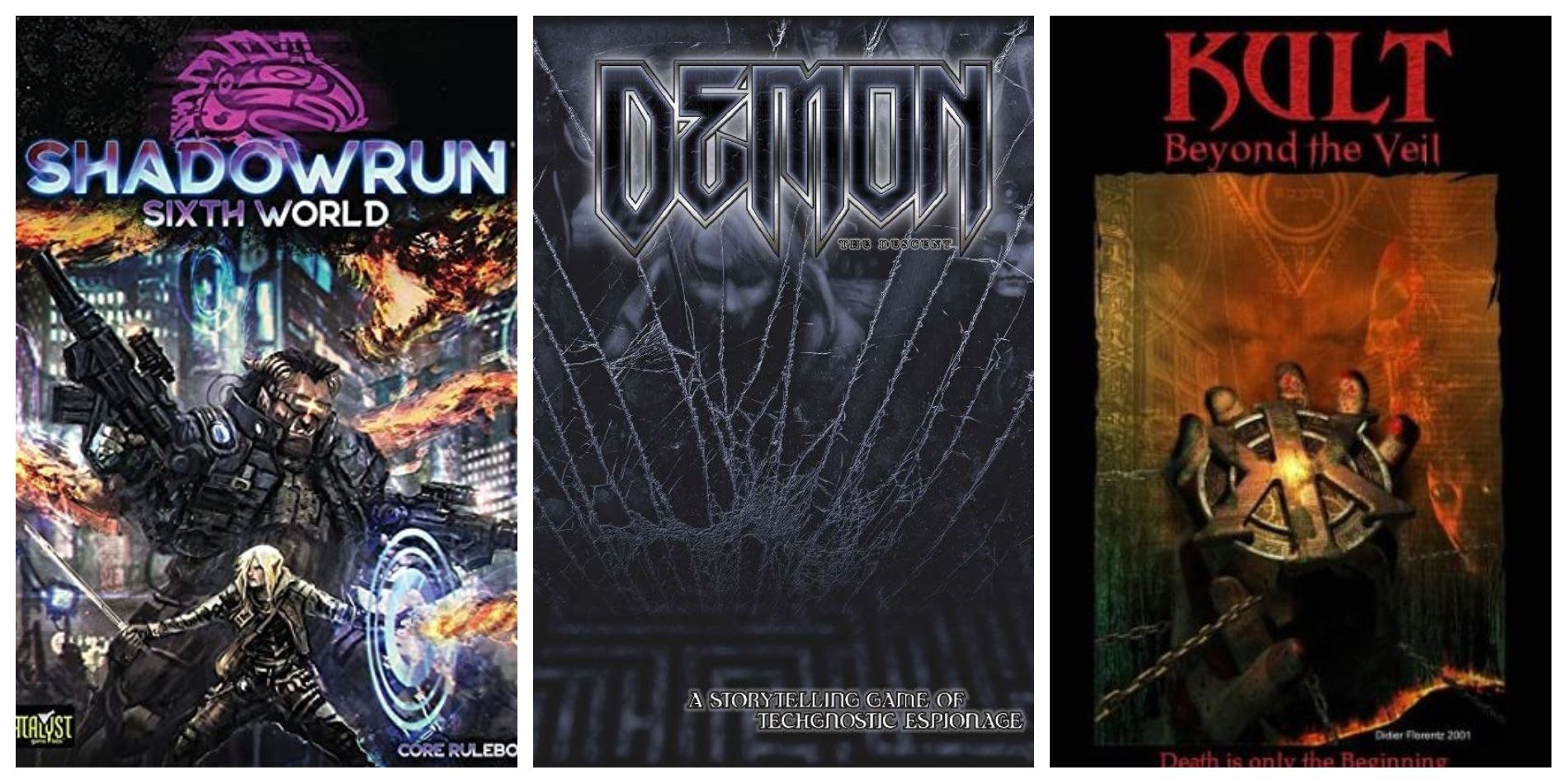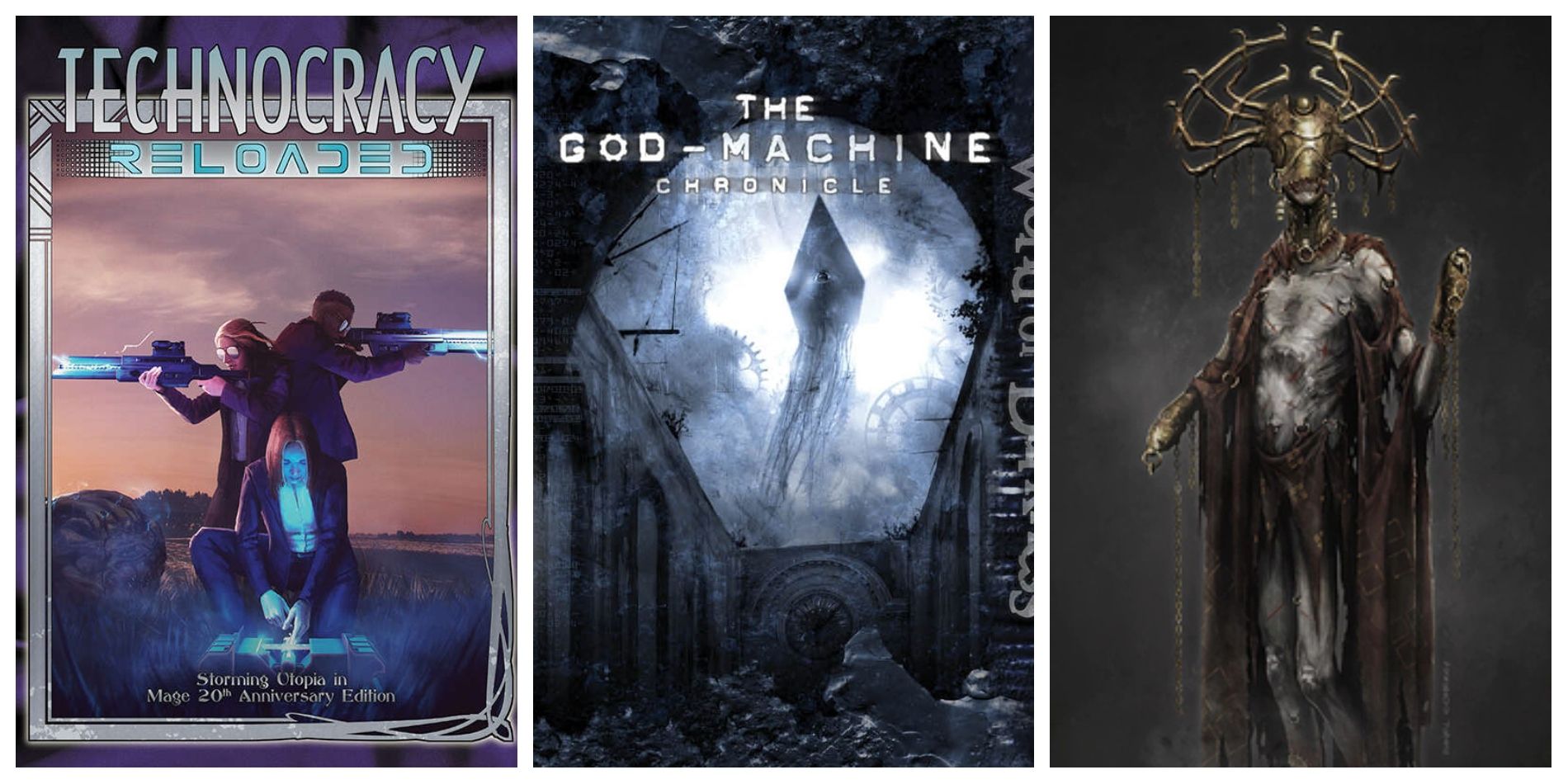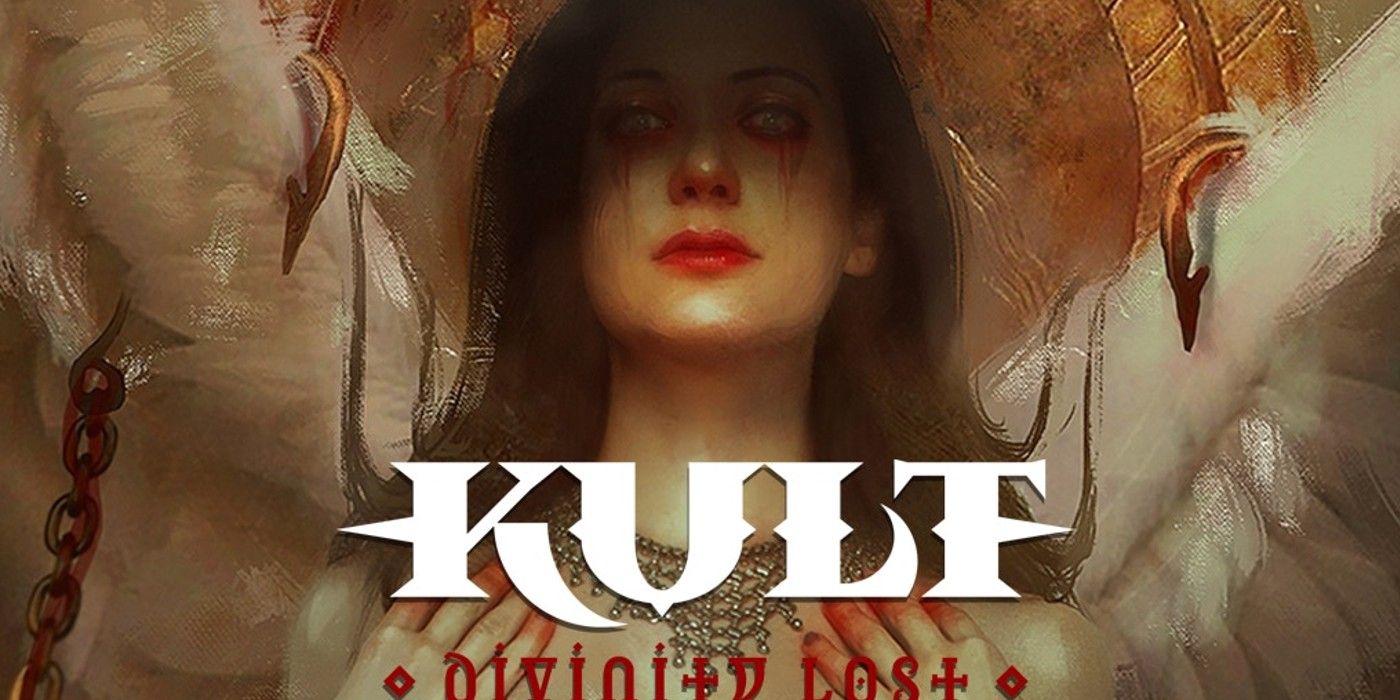The upcoming release of The Matrix Resurrections has renewed interest in the franchise that was a major cultural phenomenon of the early 21st century. At the time of the original film trilogy’s release, Matrix tie-in products included comic books, videogames, and an animated short compilation, but there was never an official Matrix tabletop RPG. Fortunately, there are already several quality tabletop RPGs that perfectly capture the Matrix vibe, though each gaming group should decide if they want a game that emulates the aesthetics of The Matrix, with its cyberpunk veneer that pits exceptional humans against relentless Agents, or the thematic ideas of The Matrix, those of an artificial world controlled by a sinister higher power serving as a prison for human consciousness.
Within the construct of The Matrix, the world appears to be a modern, urban environment. The conflicts shown in the movie portrayed the gifted rebels, with their ability to go beyond human potential by bending the rules of The Matrix, pitted against the protectors of the system, the Agents, remorseless AI killers who take on the forms of suit-wearing government officials. Cyberpunk genre tabletop RPGs can deliver similar action, and ambiance. Cyberpunk Red, the newest edition of the genre-named tabletop RPG that inspired the Cyberpunk 2077 videogame, is a solid choice. Another is Shadow of the Beanstalk, a game using Fantasy Flight’s Genesys RPG system that adapts the popular Android: Netrunner card game into a full-fledged tabletop RPG.
Shadowrun is perhaps the best-known cyberpunk style tabletop RPG, and though its inclusion of magic might make it seem a poor fit for the style of The Matrix, viewing magic as a means to “hack reality” might make it more appropriate than some tabletop RPGs based solely in science fiction. Shadowrun’s Physical Adept characters, who use magic to enhance their own physical capabilities, align better with the heroes of The Matrix than the cybernetic augmentations offered in most “pure” cyberpunk RPGs. Conflicts with any of the mega-corporations of Shadowrun, or other cyberpunk-inspired tabletop RPGs, can certainly capture the vibe of battles within the Matrix films. Heroes who are pursuing social change, attempting to take down these monolithic capitalist overlords, bring the themes of the films into play as well. Having a rebel take the same path as The Matrix’s Cypher, opting to accept a well-paying job from a corporation instead of fighting for a seemingly impossible cause, could work as a plot point in a cyberpunk game just as well as it did in the Matrix movies.
Mage & Demon Match The Matrix Theme Of Battling For Control Of Reality
While cyberpunk games are good for capturing the aesthetics and some of the themes of the films, the core premise, that of an artificial world, is better addressed in other tabletop RPGs. Demon: the Descent provides one of the most novel perspectives, as it essentially casts the players in the role of rogue Agents, much like Agent Smith. White Wolf’s “new” World of Darkness, later renamed Chronicles of Darkness, added the concept of The God Machine. This sinister apparatus is responsible for manipulating fate for its own inscrutable ends, and functions similarly to the Architect of The Matrix. Though the idea of a tabletop RPG composed of a party of Agent Smith-inspired characters may seem odd, it is one of the most unique and fitting approaches to a Matrix-style game.
Demons, in Chronicles of Darkness, were originally programs that served the God Machine as divine algorithms called Angels, created to perform certain tasks. After obtaining free will and self-awareness, these programs gain physical substance, and must flee the God Machine to maintain their autonomy, while deciding if they want to live hedonistic lives, like The Merovingian, or fight to disrupt the God Machine’s control over reality. Chronicles of Darkness kept its lore intentionally ambiguous, allowing Storytellers room to shape their games in any direction they choose. This means the God Machine could be an AI program, and the entire setting of Chronicles of Darkness could be a literal computer simulation, like the Matrix, if the group's Game Master decided to go that route.
A classic tabletop RPG that was part of the original World of Darkness, alongside Vampire: the Masquerade, was Mage: The Ascension, which is another ideal fit for the themes of The Matrix. In Mage, reality functions based on the “consensus,” the general shared paradigm of belief of humanity. Magic was once real because humanity believed it was real, but a group called the Technocracy took control over the consensus, pushing the belief in science over magic. The Mages of this game are rebels, much like the forces of Zion in The Matrix, battling the group that controls reality in order to change the consensus and restore magic to the world. Because the Technocracy shapes reality's rules, overt magic faces the backlash of “Paradox,” although clever Mages can sometimes perform magic that appears coincidental to avoid these effects. A Mage: the Ascension game that focuses on the battle between Mages and the Technocracy aligns perfectly with the themes of The Matrix. Mage traditions like the Virtual Adepts still capture the cyberpunk vibe of rebels who “hack reality,” while the Akashic Brotherhood mimics the superhuman martial arts of Matrix battles.
Kult Is The Horror RPG That Best Illustrates The Matrix's Gnostic Influences
Above all others, the tabletop game that is the ideal distillation of the themes of The Matrix is Kult, a strange and surreal horror RPG. One of the inspirations for the Matrix movies was the philosophy of Gnosticism, a belief system that essentially views the material world as inherently evil, a prison for the soul constructed by a sinister deific figure called the Demiurge. These Gnostic concepts have inspired numerous videogames, anime series, and films, but Kult is a tabletop RPG that used them literally to form the setting of a unique existential horror game. Kult takes place in “The City,” a ubiquitous distillation of urban life, similar to the city environment of The Matrix.
The tone of Kult is closer to the film Dark City, with supernatural horrors played up, and awakening to the truth of reality shown as much more traumatic, and harmful to one’s sanity. Kult is a horror game, not a heroic fantasy tabletop RPG like Dungeons & Dragons, so players should not expect to form a rag-tag group of rebels to retake reality. It is a game where the Demiurge has disappeared, leaving lesser divine powers like Archons battling for control over reality, as The Illusion slips, and allows more humans to awaken to the horrible truth of the world. Kult is certainly an “adult” game, with dark themes about mental health, paranoia, and addiction - serious subject matter rarely addressed in games like D&D. For mature tabletop RPG groups who want to dive into The Matrix’s themes as a game more than its aesthetics, Kult is the perfect game, albeit one not suited for happy endings.



